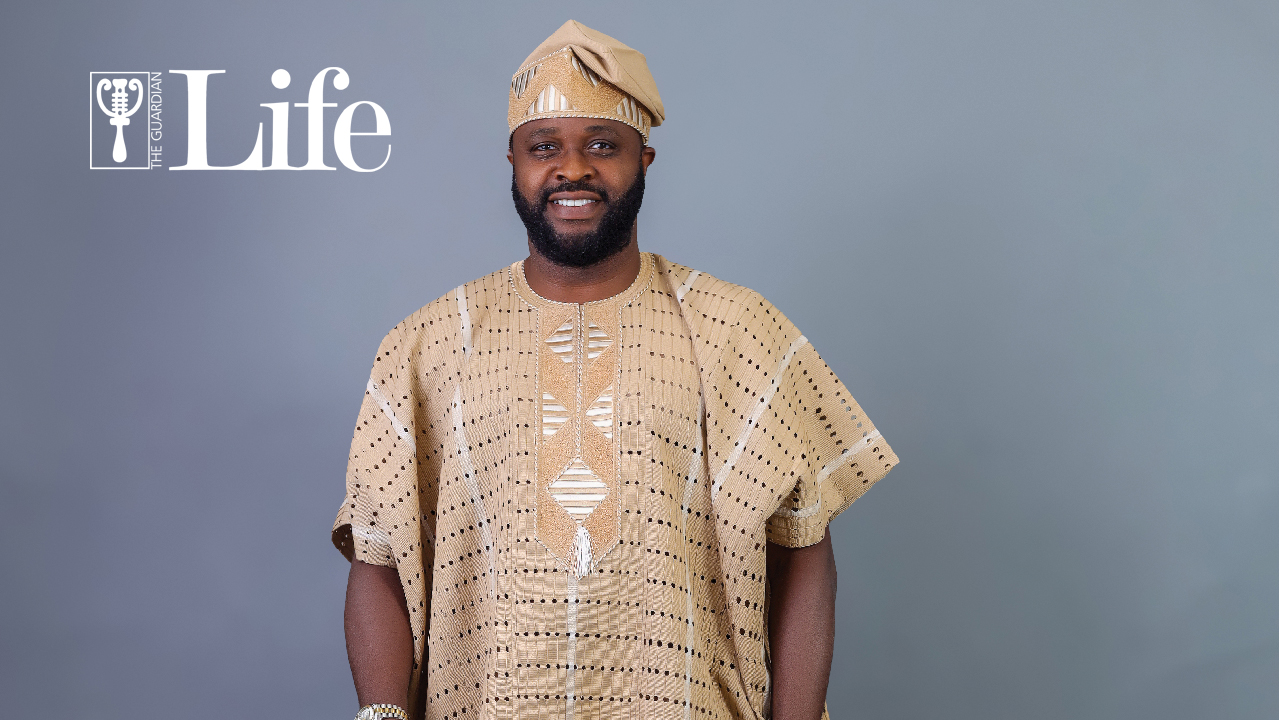
Be sure to taste your words before you spit them out”-Anonymous
Eminent scholar and literal giant, Prof Niyi Osundare, said: “To utter is to alter.”
Words have the inherent power to alter people’s mood, countenance and even change the course of destiny. When people take words casually, they mostly end up becoming casualties in life.
We need to sincerely and continually do what I will like to call ‘word audit.’ There are words and conversations we keep having daily that are actually killing intimacy between us and our spouse, children, co-workers, family members, business associates and loved ones.
Take responsibility for your words and utterances. Don’t let your utterances be the reason you don’t succeed in life and relationships. There is a conversation you are having every day, sometimes several times a day, that may be creating distance between you and those you love. If you sincerely and genuinely take time to ask people, they will accurately tell you.
Have you ever heard of ‘Psychosomatic’ medicine before? In 1910, Emil Cove, a Swiss doctor, achieved remarkable cures when he came across the idea of teaching patients at his clinics in Geneva to repeat the words, “Every day in every way, I am getting better and better,” as a way of curing certain ailments that have defied series of drug therapy.
This repeated affirmation brought amazing improvements in people suffering from every kind of illness. Soon, doctors and researchers were coming from all over the world to study the incredible results of what came to be called psychosomatic medicine.
A former Indian President, Dr. Abdul Kalam, used one of his childhood stories to emphasise the power of words. He said: “When I was a kid, my mom cooked food for us. One night in particular, when she had made dinner after a long hard day’s work, mom placed a plate of ‘subzi’ and extremely burnt roti in front of my dad. I was waiting to see if anyone noticed the burnt roti.
“But dad just ate his roti and asked me how my day was at school. I don’t remember what I told him that night, but I do remember I heard mom apologising to dad for the burnt roti. And I’ll never forget what he said, ‘Honey, I love burnt roti.”
Later that night, I went to kiss daddy good night and I asked him if he really liked his roti burnt. He wrapped me in his arms and said: “Your momma put in a long hard day at work today and she was really tired. And besides, a burnt roti never hurts anyone, but HARSH WORDS DO.”
Watching what we say is the most important test of how enlightened we are. I have often said that the way we talk to others is the core evaluator of how educated we are. Your words should build, empower, encourage, motivate and inspire others.
In our journey through life, we will definitely go through harsh circumstances. Every harsh memory will eventually fade away, but not harsh words. Words, like worthless, stupid, loser, idiot, moron, good-for-nothing, scum, cheap, ugly, etc have weighty and far-reaching consequences on the victim.
Winners know the power of words.
One of the sporadic rise to fame in the entertainment industry is the story of Michael Jackson, but unknown to many, his demons were not from the ‘spiritual;’ they were his father’s words. While the world was reveling and being mesmerised by Michael’s songs and dance steps, he was actually struggling with childhood demons inflicted through his father’s words.
Michael’s father cruel remarks about his face caused him to want to completely alter his looks. His father, Joe Jackson, subjected little Jackson to verbal abuse, told his son repeatedly that he had a ‘big nose’ and made fun of Michael’s skin condition as a teenager.
Michael said that sometimes when his father walked into a room, he would be so afraid of him that he would vomit, and anytime Michael looked into the mirror, he was unable to see how richly endowed his face was. The only thing he saw back then was his big nose.
Then he made up his mind to face it off. In the middle of tinkering with his nose, Michael lost his self-image; he lost his face and eventually lost his life.
The use of derogatory names, such as “big nose” by Michael’s father, due to Michael’s nose size, initiated a personality disorder that later brought upon the young Michael a psychological condition that got him addicted to people’s concept of how his physical appearance was perceived.
Michael destroyed this natural good look because he never wanted to look like what his father normally called him. His father literally inflicted him with self-hatred and self-mutilation.
It is amazing how the words of a parent can significantly change the direction of a child’s life. Unguarded words from parents can trigger a lifetime war within a child.
I have often reiterated it several times in my charge to mentees, students, parents and leaders that it is not what you are going through that defines you, but what you say in what you are going through.
Be mindful of your words. What you are going through is temporal, but what you say in what you are going through is permanent.
One of the greatest scientists of all times, Albert Einstein, did not have a rosy walk to stardom. He had the most damning report from the same people entrusted to build him up.
Einstein was unable to talk until he reached the age of four, and even when he started talking, he was slurry and incoherent in speech.
When the professor who revolutionised Physics with his General Theory of Relativity was 16 in 1895, his Munich schoolmaster wrote in his school report: “He will never amount to anything.”
Einstein’s father, Hermann Einstein, even took the courage to challenge the teacher to reverse his verdict, but ended up getting more venomous verdict when the teacher looked straight into his eyes and said: “It doesn’t matter what he does, he will never amount to anything.”
This was a damning report from the head of his Munich school. But within 10 years of this woefully inaccurate prediction, Albert’s colossal intellect was already beginning to unlock the secrets of the universe. In time, he became the foremost mind of the 20th century.
Parents, you have to be mindful of the word that comes out of your mouth. Yes, you have. The words of a parent to a child between the ages of one and seven form their foundation, and the foundation of a man’s life has a factor of the parent’s utterances in it.
The worst kinds of parents are those that don’t know how to use their tongue. Parents should avoid cursing and ridiculing words. If there is something that exerts so much influence on children in their formative years, it is the words they hear. Many years after, these words will keep ringing in their heads.
Children will surely make mistakes, we all do. When we yell at children for making mistakes, we ultimately kill their ability to innovate. Mistakes and errors can become springboards to greater height if we take ample time to brainstorm instead of ‘blame-storming.’
Henry Ford said: “Failure is simply an opportunity to begin again, this time more intelligently.”
We are not perfect; we have flaws and we make mistakes. These characteristics do not make us worthless; they make us worthy.
Children must be made to know that mistakes are integral parts of the learning process and should not always receive bitter words every time they flounder.
Mahatma Gandhi said: “Freedom is not worth having if it does not include the freedom to make mistakes.”
Whether in relationships, organisations or businesses, we must create the atmosphere for people to make mistakes and learn from it. The consoling truth is that mistakes are the only infallible evidence that we are human.
We need to discipline and restrain ourselves from pouring out vituperations on others when we are angry.
Someone once said: “Don’t ruin other people’s happiness just because you can’t find your own.”
You need not talk when you are angry, people can even take it for granted, but never mind.
Abraham Lincoln said: “Better to remain silent and be thought a fool than to speak out and remove all doubt.”
Always say the right words, no matter what the situation is. William Makepeace Thackeray said: “Never lose a chance of saying a kind word.”
Finally, be wise with words. Plato made a distinctive difference between the wise and the fool when he said: “Wise men speak because they have something to say; fools because they have to say something.”
[ad unit=2]






